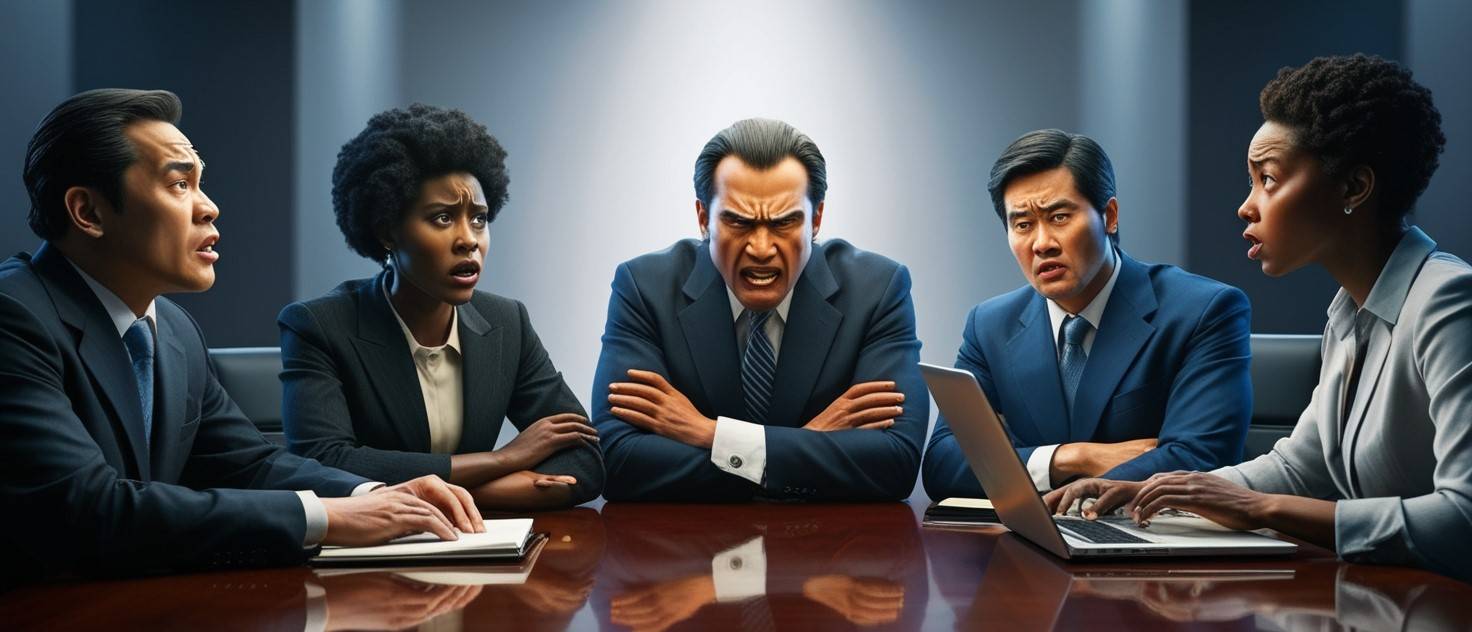Rather than fight AI, marketing leaders should consider embracing AI as a superpower, and begin equipping their teams with the tools and mindset to optimize artificial intelligence technology.
Here’s a realization that is becoming more prevalent these days among CMOs – Artificial Intelligence technology is no longer a nice-to-have, but an imperative. According to Forrester’s Q2 B2C Marketing CMO Pulse Survey, 2024, 30% of CMOs in the US are directly leading their marketing organizations’ AI efforts. “One of the biggest functions disrupted by AI is marketing.” said Norm Yustin of Russell Reynolds.
In another report, “How AI Impacts the CMO”, Forrester’s VP and Research Director, Mike Proulx, offered valuable insights on how these marketing decision makers can effectively integrate AI into their strategies. “CMOs don’t have the luxury of taking a month off to think about AI,” said Steve Boehler, founder of Mercer Island Group.
“AI is yet one more responsibility piled on top of the expanding CMO remit — fueling angst, given its consequences,” Mike explained. “However, CMOs shouldn’t fret as there are several time-management best practices they can employ to prioritize AI.”
He suggested two key approaches:
- Appointing AI transformation leads
- Committing to an AI learning agenda
These strategies can help CMOs navigate the complexities of AI implementation while managing their other responsibilities.
Prevalent and yet, unspoken
Interestingly, as all these are going on, CMO job postings do not always mention Artificial Intelligence. Bob Van Rossum, president of marketing executive search at MarketPro, told Forrester: “I’ve only seen 10% to 15% of CMO job descriptions so far mention AI. It surprises me that it’s not in more.”

The other experiences that do get mentioned a lot instead, according to Forrester’s analysis of B2C CMO job postings in January and February of 2024, are:
- Performance marketing
- Marketing technology (martech)
- Advertising technology (adtech)
- Emerging media and technology (XR, IoT, and Web3)
Of all these categories, data and analytics are mentioned the most in CMO job descriptions.
Might this be happening because AI is a natural progression from data and analytics?
Collaboration: The Key to AI Integration
Mike emphasizes the importance of partnerships in advancing AI integration: “To advance AI into functional operations, CMOs must rely on internal and external partners differently, which means reflecting on partners’ past roles while reconsidering the role each plays moving forward.”
Besides careful orchestration, he also recommends three critical steps for CMOs:
- Deepen collaboration with the CTO – AI is a mission-critical initiative that requires both roles to be in sync. This may mean sharing knowledge and resources.
- Double down on big tech partnerships – Estee Lauder and Coca-Cola team up with Microsoft to accelerate their generative AI initiatives. Middle markets are challenged to get the same access and could work with a larger agency, instead.
- Recast agency relationships – ensuring agency partners are the right strategic fit is more crucial now, as CMOs could potentially buy their algorithms, instead of their time, as traidtionally done before.
By fostering these collaborations, CMOs can ensure a smoother transition to AI-enhanced marketing operations.
The Impact of AI on Marketing Teams
While there’s a common perception that AI might lead to downsizing, Mike offers a more nuanced view: “Despite the fact that 45% of CMOs agree that AI will lead to smaller marketing departments, AI will bring new capability and agility into the marketing function — allowing smaller yet mightier teams to deliver more value by focusing on strategy, creativity, and innovation.”

This perspective suggests that while team structures may change, the overall impact of AI on marketing could be overwhelmingly positive, enabling teams to focus on higher-value activities.
The Future of Marketing: AI and Human Collaboration
He also provided a compelling vision of the future: “In less than five years, the marketing function will significantly be staffed with AI agents that work alongside human colleagues – unlocking efficiencies and capabilities that are just starting to be imagined. To ensure the human touch remains central to the brand experience, AI-literate CMOs are needed at the helm, now more than ever as generative AI turns the creative process inside out.”
This forecast underscores the urgent need for CMOs to become savvy with AI technologies and their marketing applications.
Strategic marketing in the horizon
As AI continues to reshape the marketing landscape, CMOs face both challenges and opportunities. By adopting strategic approaches to AI integration, fostering key partnerships, and embracing the potential of AI-enhanced teams, CMOs can position themselves and their organizations at the forefront of this technological revolution. The future of marketing lies in the successful collaboration between human creativity and AI capabilities, with AI-literate CMOs leading the way.
(This article is adapted from Forrester’s report here. The report for the “AI Fluency is the CMO’s Next Superpower” can be found here.)








